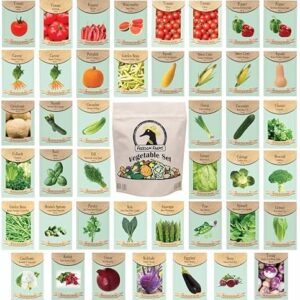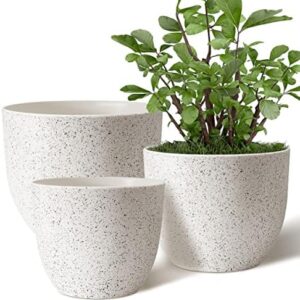In today’s world, it’s easy to take for granted the abundance of food that is readily available to us. But have you ever stopped to think about what happens to all the scraps and leftovers that are generated in the process of growing and producing that food?
Organic farmers have long been at the forefront of sustainability and environmental stewardship, and one of the key practices they use to reduce waste and nourish their soil is composting. Composting is the process of breaking down organic matter, such as food scraps, yard waste, and other biodegradable materials, into a nutrient-rich soil amendment that can be used to fertilize crops and enrich the soil.
For organic farmers, composting is not just a way to reduce waste and save money on fertilizers; it is a fundamental part of their commitment to working in harmony with nature. By recycling organic matter back into the soil, farmers are able to increase the fertility and overall health of their land, while also reducing their reliance on synthetic chemicals and pesticides.
So how exactly does composting work? It all starts with collecting organic materials, such as food scraps, grass clippings, and leaves, and mixing them together in a designated compost pile or bin. These materials are then broken down by a diverse community of microorganisms, including bacteria, fungi, and earthworms, which decompose the organic matter into a humus-like substance known as compost.
As the organic matter breaks down, it releases essential nutrients, such as nitrogen, phosphorus, and potassium, that are vital for plant growth. These nutrients help to improve the soil structure, increase water retention, and promote the growth of beneficial soil organisms, such as earthworms and beneficial bacteria. In addition, compost helps to suppress plant diseases and pests, and reduce the need for synthetic fertilizers and pesticides.
Composting is a simple and cost-effective way for organic farmers to recycle organic waste and create a sustainable source of nutrients for their crops. By using compost, farmers are not only able to reduce their environmental footprint, but also improve the overall health and productivity of their farms.
One of the key benefits of composting is its ability to reduce greenhouse gas emissions and combat climate change. When organic matter is sent to landfills, it decomposes anaerobically, releasing methane, a potent greenhouse gas that is 25 times more potent than carbon dioxide. By composting organic waste instead, farmers are able to capture and utilize the methane-producing microorganisms to create a valuable resource that can be used to support plant growth and improve soil health.
In addition to reducing greenhouse gas emissions, composting also helps to conserve water, reduce soil erosion, and protect biodiversity. By recycling organic matter back into the soil, farmers are able to improve the overall health and fertility of their land, which in turn benefits all living organisms that depend on healthy soil for their survival.
But composting is not just beneficial for the environment; it also makes good economic sense for farmers. By reducing the need for expensive synthetic fertilizers and pesticides, farmers are able to save money on input costs, while also increasing the long-term productivity and sustainability of their farms. In fact, studies have shown that farms that use compost are able to achieve higher yields, better crop quality, and increased resilience to pests and diseases.
In conclusion, composting is a powerful tool that organic farmers use to reduce waste, improve soil health, and promote sustainable agriculture. By recycling organic matter back into the soil, farmers are able to create a closed-loop system that benefits both the environment and their bottom line. As consumers, we can support these efforts by choosing organic products, composting our own food scraps, and advocating for policies that promote sustainable agriculture and waste reduction. Together, we can make a positive impact on the planet and create a more sustainable future for generations to come.






